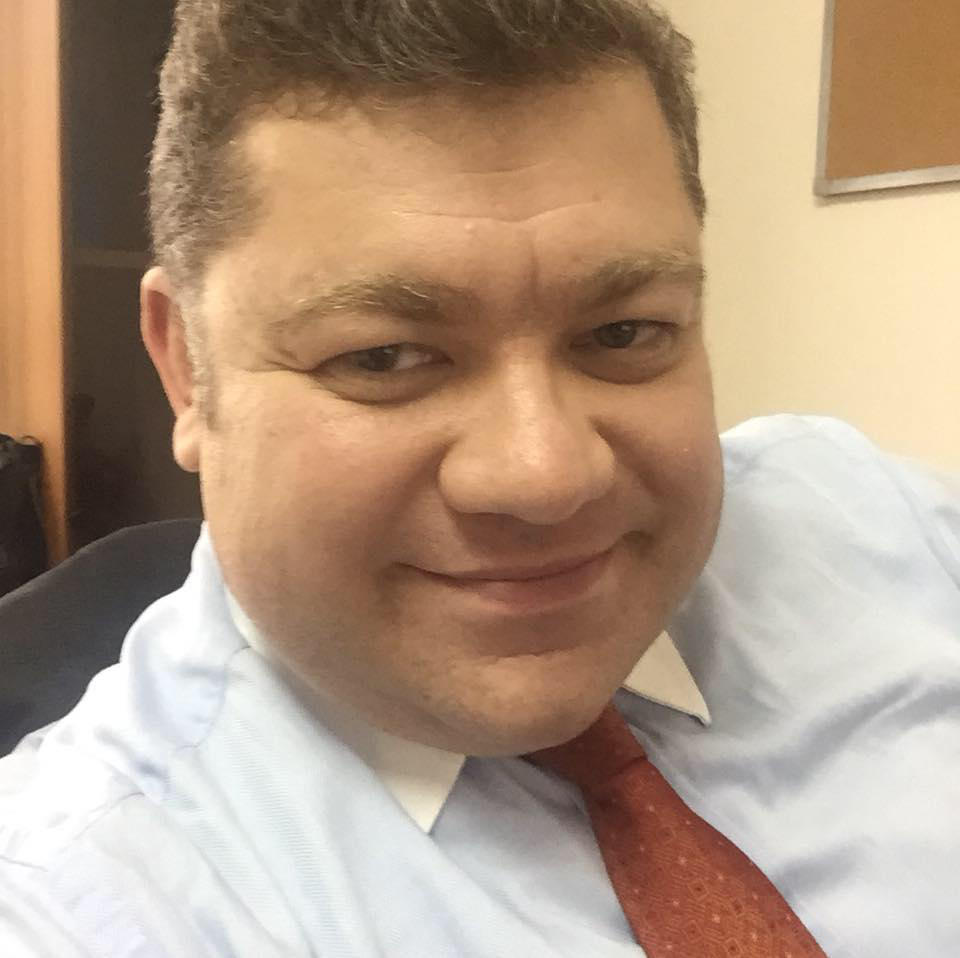“Russia is a regional hegemony”
Interview with regional analyst Michael Cecire of Foreign Policy Research Institute
Seven years have passed since the 2008 war between Georgia and Russia. Many American political scientists and analysts consider that this war has changed not only Georgia’s borders, but also the political situation in the entire Caucasus region and the world alike. Michael Cecire, a regional analyst who was interviewed by Voice of America’s Georgian bureau, disagrees with the notion of this war starting on August 2008. According to him, it was a result of long-reaching plans and military maneuvers by Russia. 
– It has been seven years since the Georgian-Russian War. How do you think this conflict has shaped regional politics?
– Personally I tend to reject the idea that August 8th was somehow the beginning; it was merely the first shot of the war the roots of which go back several decades, if not much longer.
As for the regional dynamics, I think that Russia had planned on the war to serve as some kind of fulcrum to precipitate a regime change in Georgia. But when this did not happen either immediately after the war or in the next few years, and when Georgia continued on its Euro-Atlantic path and the path of democracy, it upset Russia’s strategy in the region.
As we all saw in the last few years, an attempt to influence the region through soft power had to be supplemented by hard power as it happened in Ukraine and Georgia. In terms of regional politics, what we have is Russia essentially being a regional hegemony, eclipsing other powers in many of their facets through its sheer military might.
– Though no conflicts or clashes are taking place in Georgia at the moment, Russia continues the creeping occupation of Georgia’s conflict regions. What are the long-term effects of the war?
– I think that the long-term effects of the war are exactly what you described: This limbo, this occupation that’s going on in conflict regions, complemented by the sense of everlasting, imminent threat from Russia. And Georgia, despite having some tools in its toolbox, has increasingly little say in the maintenance of its own safety, considering
how preponderant Russia’s power in the region is.
– Given the ongoing creeping occupation and the situation in Ukraine, do you think the government of Georgia is doing enough to make its country part of a discussion on the Ukrainian conflict? Does it manage to put it on the agenda?
– This is a popular argument right now and I am sympathetic towards it, since I know it is a very difficult situation and the Russian threat is an everyday reality, but I don’t think this necessarily makes the argument convincing. In many respects, the Georgian government has done a lot of what could be expected – raising awareness of the issue at international forums, speaking to its counterparts in the West and spurring its international partners toward condemning Russia.
Ultimately though, judging by what’s happening in Ukraine, it can be seen that one can be as vocal as one wants to, but it’s not going to do much to change the situation on the ground. Ukraine has been very strong and very concerted in its attempts to raise its issue internationally, and has done a fairly good job at it. I think there is a sense in the West that what is happening in Ukraine is a real tragedy and that Russia is the aggressor, but they still can’t come to a consensus on how to respond.
– What do you think the Georgian government should be doing instead, then?
– I think what should be done – which would be much more beneficial than having this debate about who should be yelling the loudest about Russian aggression – is focusing some of this energy towards doing what it takes and making some of the hard choices to build up Georgia’s own defensive capabilities. This means revisiting the way Georgia has its military forces structured as well as the priority of its military funding compared to other budgetary programs. In my opinion, a really strong and concerted rethink has to happen.
Read the Georgian version of the article on Voice of America website.
By Nana Sajaia, Voa Georgian Service
